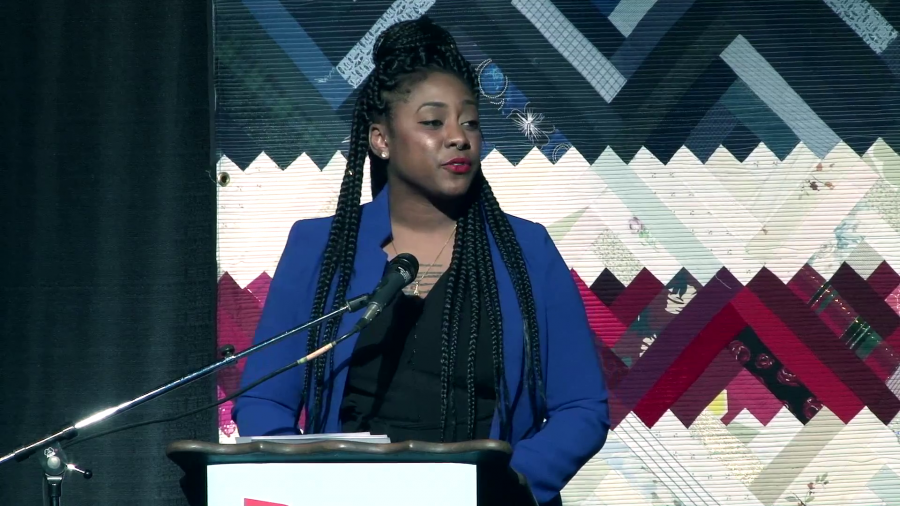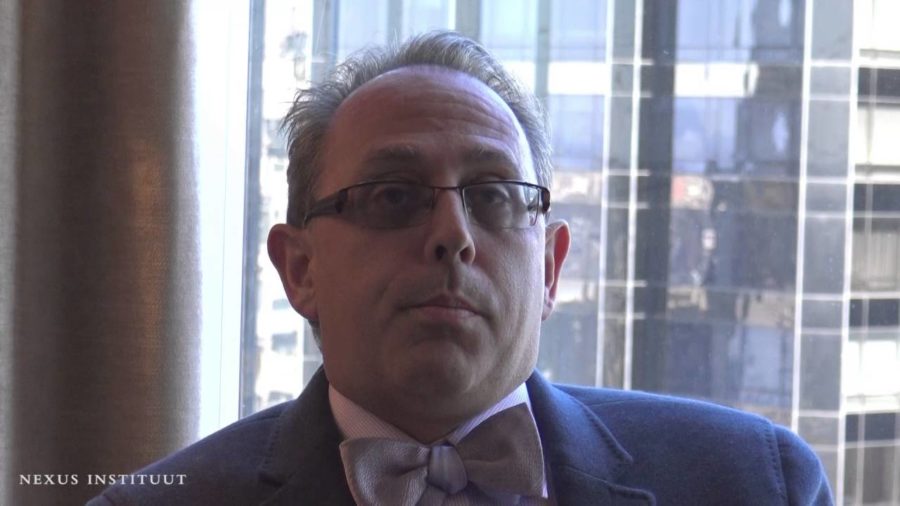Hannah Arendt loved it when unexpected things happened in politics. She thinks and thought that spontaneity, newness… She used the word “natality,” which is often misused and abused in her work by others, but it means birth, birthliness. And she thought that what made human beings different from other animals is not that we were rational, but that we could start things new.
Archive (Page 6 of 7)

Black folks have consistently been denied the rights to privilege that come with citizenship that so many of us take for granted. And that’s why so many of us are no longer satisfied with the compromises and negotiations that happen behind the scenes, that continue to leave out too many people whose lives depend on the ability to participate in the decisions that impact their lives.
There are biologists who’ve spent their careers working on some species of beetle in the tropical rainforest, and they just love the rainforest in their bones And they feel that when they go testify in Congress to some committee, that they can’t just say, “I love it in my bones and you guys will love it too, if you share it with me.” They have to say, “Oh, we’ve done all this math and computed that there’s an ecosystem service here.” And I think that that has really impoverished our debate about environmental issues.
We are in the midst of a shift in how we encounter information. And we’re wrestling with three paradigms at the same time. The oldest of these paradigms, for for most of us, is edited media. … You have a powerful gatekeeper, the newspaper editor, who says, “Here are things you need to pay attention to today. Give this a small amount of your time, and you will be roughly up to date with what you need to know.”
It’s like we’ve got all these proxy wars going, where people are fighting bitterly over these things. And if you could sort of go back to the original global conflict almost, of ideas, I think you’d get to some interesting arational assumptions. Some of which would be different. Some of which might be very similar. And then you’d wonder why the hell are these proxy wars going on?
We don’t have a concept of balance. Not only do we not have a concept of balance, but we have a very distorted sense of social justice that has been reframed to justify a society that is fundamentally anchored around the concept of imbalance. The resources of the world cluster toward a handful of very very powerful countries, one country having an even greater share. In order to justify this greater share, it’s made them believe that this higher concentration of power is normal, and that anybody in all countries can have it, and that all countries should aspire for it.
Any time that you lessen levels of disparity you’re going to have more progress. And you can’t look at it as an own individual term. Progress in your own life, progress in technology. But I believe that you have to look at progress through the connection of everything. That’s what sustainability is really about. It’s about the relationship of our economy, of social justice, the quality of life of people, and then the last part is the environment.
Although our ultimate goal is protecting biological diversity on the land and protecting the integrity of these natural communities, the strategic way to get there is to prevent these ranches from being sub-divided. And it turns out the issue that these ranches are having, you know, they get together and talk and say, “Wow our neighbor over here sold out and that ranch got sub-divided…” every time that happens, it puts pressure on the remaining ranchers who want to stay in ranching.
What has redeemed the faith community throughout the centuries of history has been that there has always been a sector of the faith that has not sold out, that has recalled the genuine moral and ethical values of that faith and its tradition, and has renewed that, and therefore moved the agenda into the future, that is moral and ethical and just.

